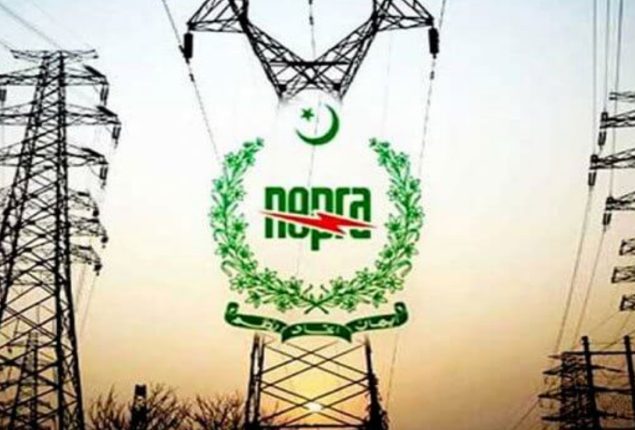NEPRA increases basic tariff up to Rs7.50/unit
ISLAMABAD: National Electrical Power Regulatory Authority (NEPRA) has approved the government's proposal...

NEPRA approves significant increase in Rs 3.28 per unit
ISLAMABAD: Inflation is a major issue in Pakistan, and people are paying higher electrical bills. The Power Regulator recently approved a significant raise of Rs 3.28 per unit, causing resentment among already taxed people facing astronomical electricity prices.
The increase in the power price is due to a fuel cost adjustment, which is part of the quarterly tariff adjustment (QTA) system. This adjustment tries to reduce the additional burden of capacity charges caused by a rise in interest rates, rupee depreciation, and other economic variables.
Originally, the energy ministry’s power division proposed a hefty Rs6.20 per unit adjustment for the fourth quarter of the fiscal year 2022–23 in order to bridge a significant Rs146 billion deficit in just three months.
The Power Regulator, NEPRA, has forwarded the decision to the interim government for final approval, and the increased tariff will go into force immediately. Distribution companies (Discos) hope to recoup Rs159 from power consumers between October 2023 and March 2024.
People’s angst reached a boiling point in September, when protests against rising electricity rates erupted in a number of Pakistani cities. Despite their efforts, the rising financial load continues to afflict millions, with no hope of relief in sight.
Catch all the Pakistan News, Breaking News Event and Latest News Updates on The BOL News
Download The BOL News App to get the Daily News Update & Follow us on Google News.